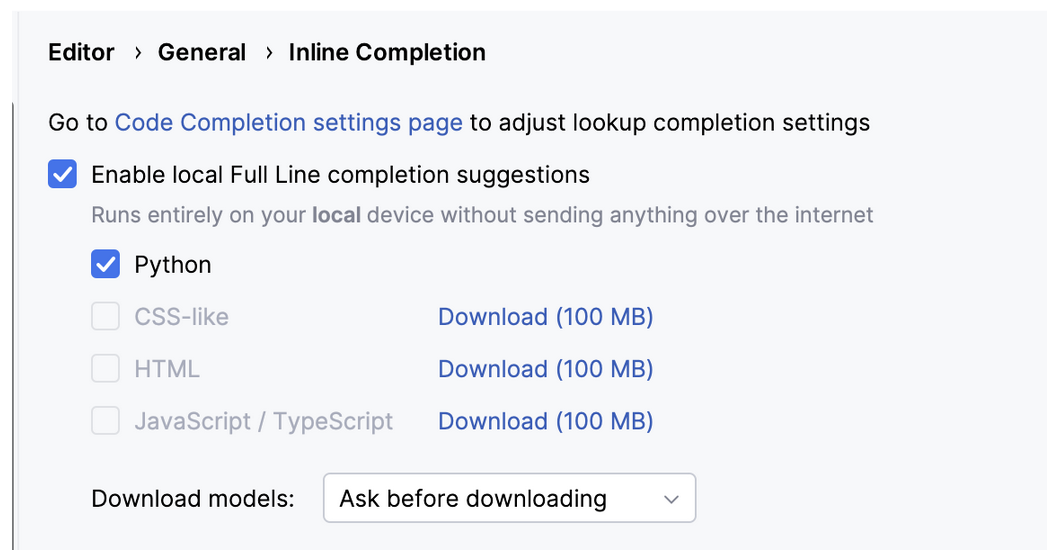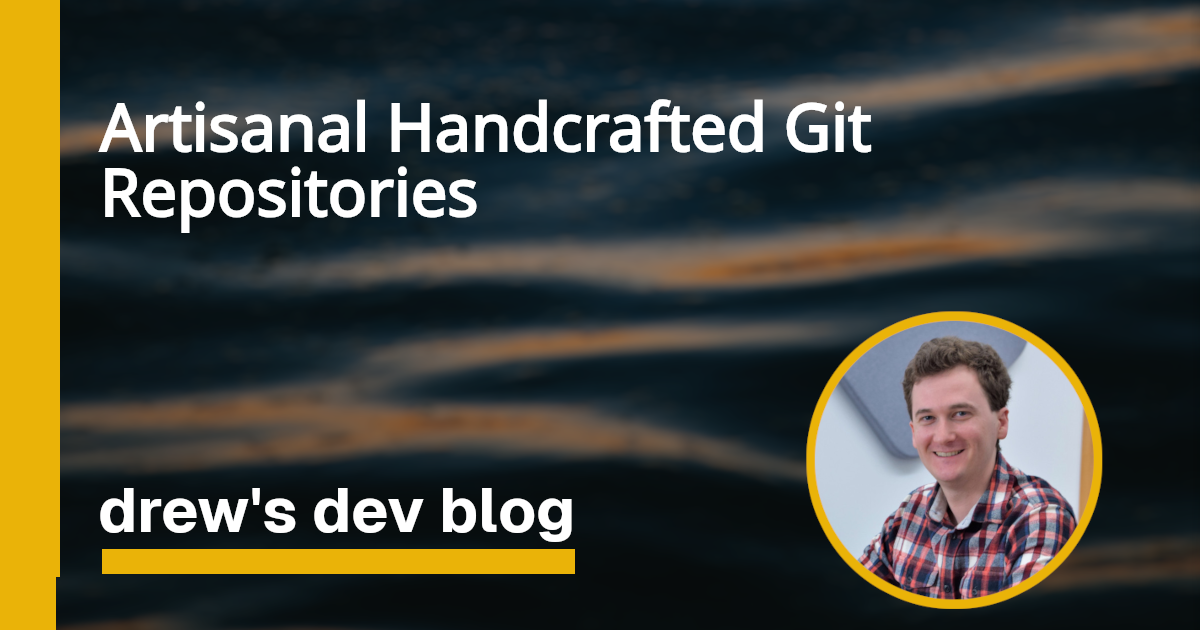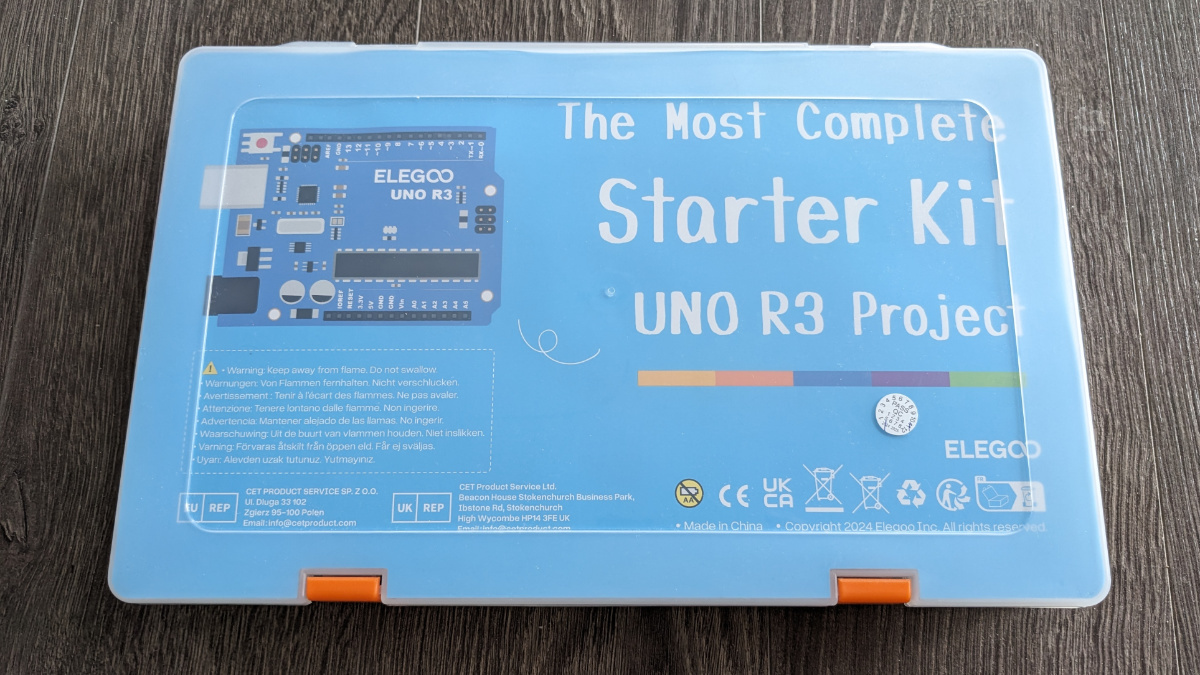Rust and C Interoperability in the Linux Kernel: Memory, Self-Referential Structures, and Locks
This article delves into the intricacies of interfacing Rust and C code within the Linux kernel. It highlights memory allocation (Kmalloc, Vmalloc, KVmalloc, and their corresponding Box and Vec usage), handling self-referential structures (Pin and the pin_init! macro), and locking mechanisms (Mutex, LockedBy, GlobalLockedBy). Rust enhances kernel code safety and reduces runtime errors through its type system and lifetime management.














